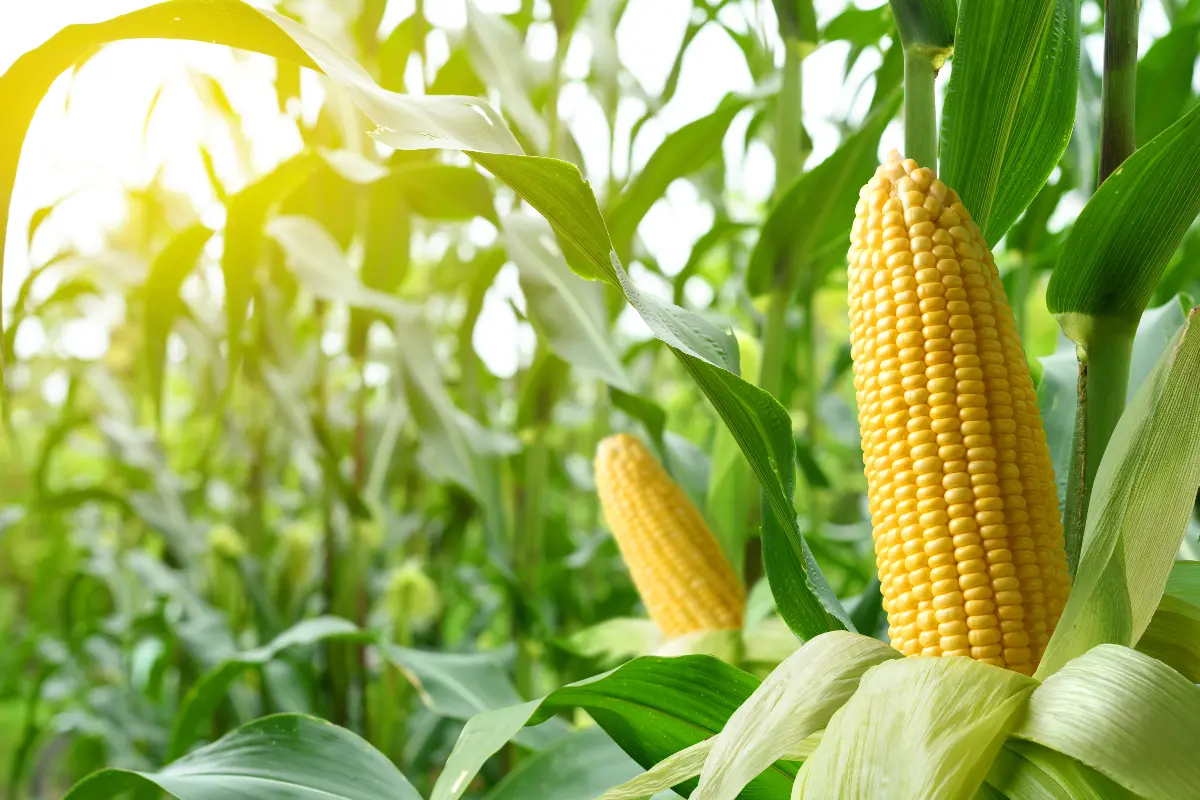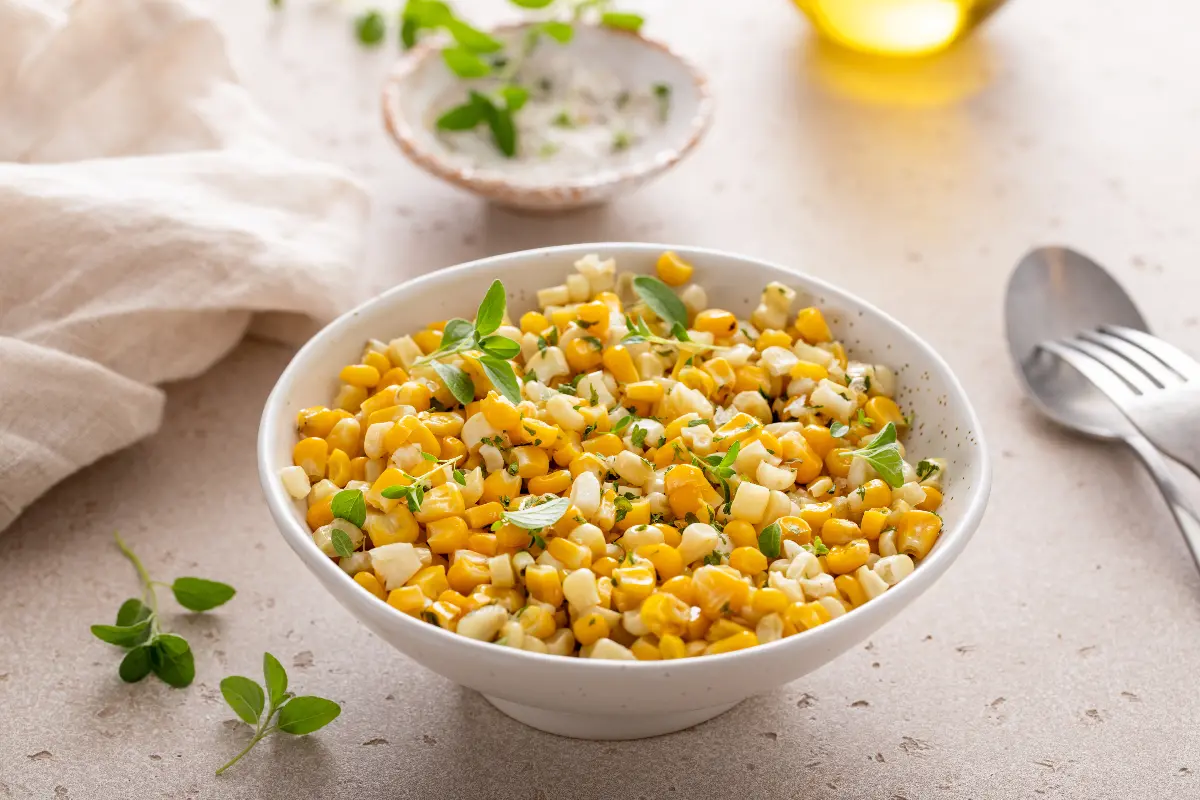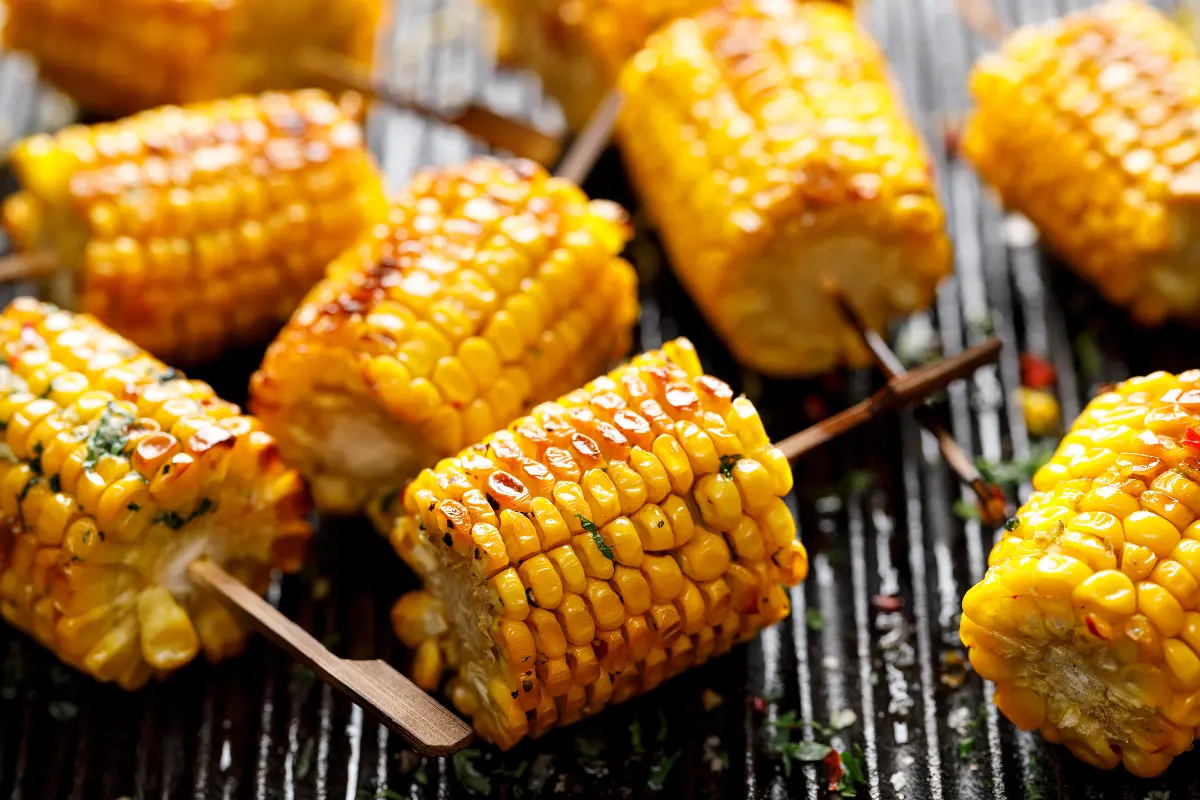Corn, often referred to as maize in many parts of the world, is not only a staple crop that has fed civilizations for millennia, but it's also a treasure trove of health benefits wrapped in a golden husk. This remarkable grain, now ubiquitous in diets around the globe, boasts a history as rich as its nutritional profile.
One striking fact about corn is that it is phenomenally versatile. From its myriad culinary uses to its applications in manufacturing ethanol fuel and bioplastics, corn’s versatility is unmatched. However, it's in the realm of nutrition and well-being that corn shines brightly.

Corn is an excellent source of dietary fiber, an essential for optimal digestive health. Dietary fiber aids in maintaining a healthy gut, which in turn, helps to prevent constipation and lower the risk of colon cancer. Moreover, for those managing diabetes, the high fiber content assists in regulating blood sugar levels.
But the benefits don't stop there. Corn is a powerhouse of antioxidants like vitamin C and carotenoids, including lutein and zeaxanthin. Antioxidants are vital in the fight against free radicals, the rogue molecules that can harm cells and contribute to aging and diseases such as cancer. Lutein and zeaxanthin, concentrated in the macula of the eye, are known to support vision and may reduce the risk of macular degeneration.
Surprisingly for many, corn is also a source of valuable B-vitamins, including thiamine (vitamin B1) which is crucial for cognitive function and nerve health. Niacin (vitamin B3), which is also found in corn, is vital for the maintenance of healthy skin and is integral to the body's conversion of food into usable energy.
The golden kernels are home to minerals like phosphorus, magnesium, manganese, and zinc, which play various roles in the body from bone health to immune system function. Phosphorus is necessary for the formation of bones and teeth and helps the body utilize carbs and fats. Magnesium supports muscle and nerve function and maintains a steady heartbeat.

Beyond these stellar benefits, corn's contribution to a healthy diet has more to do with what it does not contain. It's a gluten-free grain, making it a safe choice for individuals with celiac disease or gluten sensitivity. When eaten whole, corn presents itself as a whole food choice, devoid of added sugars, sodium, and unhealthy fats that often accompany processed foods.
On the flip side, as beneficial as corn can be, it's also important to be aware of its various forms and preparations. Processed forms of corn, such as high-fructose corn syrup, are linked to various health problems, including obesity and diabetes. Therefore, the healthiest ways to consume corn are through whole food forms, such as on the cob, popcorn, and whole grain cornmeal.
If you're wondering how best to include corn in your diet, the options are plentiful. Grilled corn on the cob brushed with a dab of olive oil and a sprinkle of your favorite herbs creates a perfectly balanced snack. Popcorn, air-popped and lightly seasoned, serves as a healthy whole-grain treat. And for those who want to experiment, corn can be added to soups, salads, and stews for an extra boost of nutrition.

It’s worth noting that the cultivation of corn also brings considerable environmental impact, and being an informed consumer means recognizing the footprint of your food choices. Sustainable farming practices and supporting organic corn production can have positive effects on soil health, water equality, and biodiversity.
In conclusion, corn is more than just a ubiquitous crop—it's a grain that offers a wide spectrum of health perks. Its high fiber content, antioxidants, B-vitamins, and minerals make corn an impressive addition to a balanced diet. While moderation and careful selection of unprocessed forms are key to reaping the full health benefits, this golden grain stands as a nutritious and delicious staple that holds a time-honored place at our tables. As we savor its sweet, satisfying kernels, we can also appreciate the remarkable benefits corn brings to our health and well-being.
